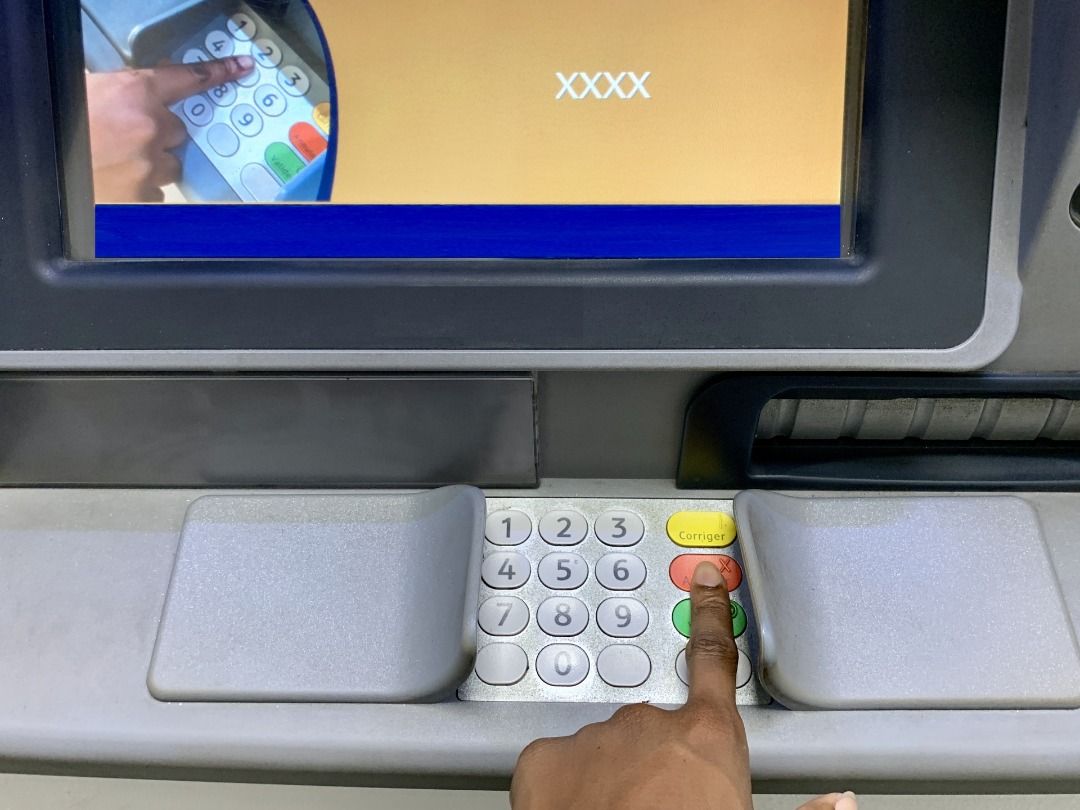Why Kenya is reintroducing MOMO and bank transactions charges
The Central Bank of Kenya (CBK) has announced the reintroduction of charges for transactions between mobile money wallets and bank accounts from January 2023.

Two years after the Central Bank of Kenya (CBK) waived charges for transactions between mobile money (MOMO) wallets and bank accounts due to the impact of the COVID-19 pandemic, the bank has reintroduced the charges to "facilitate a transition towards sustainable growth of the mobile money ecosystem, and ensuring affordability of payment services for Kenyans".
"While COVID-19 adversely impacted people's livelihoods and businesses, mitigation measures enabled the payments ecosystem to protect vulnerable Kenyans, support businesses, and strengthen economic resilience...the payments ecosystem expanded significantly," CBK said in a statement seen by Benjamindada.com.
This was to reduce the risk of transmission of COVID-19 (Coronavirus) by handling banknotes.
From March 2020—when the charges and waived—to October 2022, CBK revealed that the number of Kenyans actively using mobile money increased by over 6.2 million and the monthly volume and value of P2P transactions increased from 162 million transactions worth Ksh. 234 billion to 440 million transactions worth Ksh.399 billion, an increase of 171% and 71%, respectively.
According to the bank, the monthly volume and value of transactions between PSPs and banks increased from 18 million transactions worth about Ksh.157 billion to over 113 million transactions worth Ksh.800 billion, an increase of 527% and 410%, respectively.
"This outcome confirms that the mitigation measures were timely and effective, and resulted in significant benefits across the financial system. The resumption of revised charges is aimed at building on these gains, facilitating a transition towards sustainable growth of the mobile money ecosystem, and ensuring affordability of payment services for Kenyans," the statement reads.
In the same year, the Kenya Commercial Bank (KCB)also reported that its net profit had dropped by 43.1% in the nine months ending September 2020.
Revised but reduced charges
Starting January 1, 2023, PSPs and banks in Kenya will start the implementation of the reintroduced charges which are significantly lower than those that applied before the waiver in March 2020.
According to the CBK, the revised charges will:
- be reduced by an average of up to 61%, and mobile money wallet to bank account by an average of up to 47%, that is for maximum charges for transfers from bank accounts to mobile money wallets.
- Tariffs for paybills that are used to collect and disburse funds by businesses, companies, and institutions such as schools, utilities, etc, will be reduced by on an average of 50%.
- The charges levied by banks for bank-to-mobile money transactions will be reduced by an average of 45%.







Comments ()